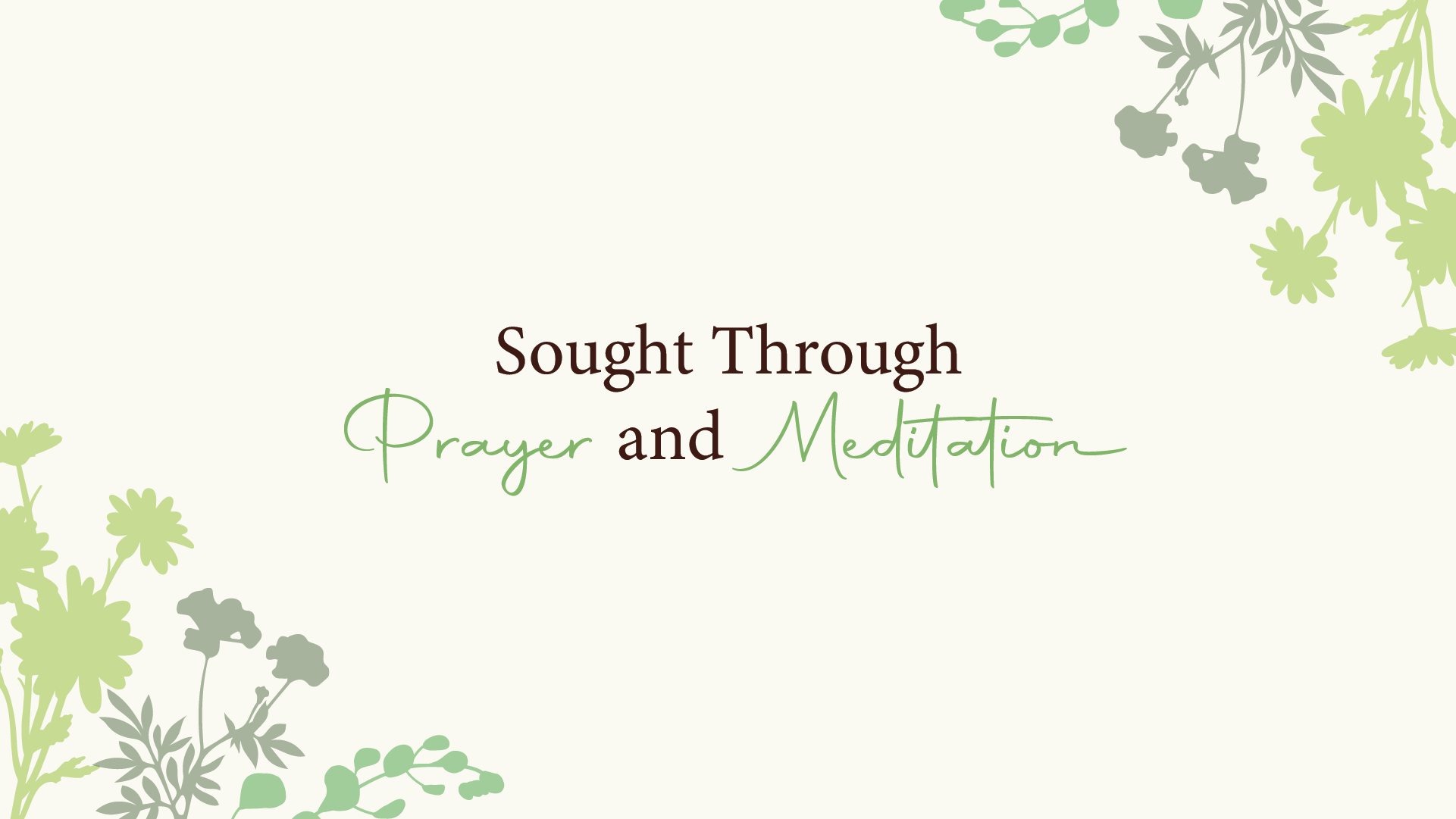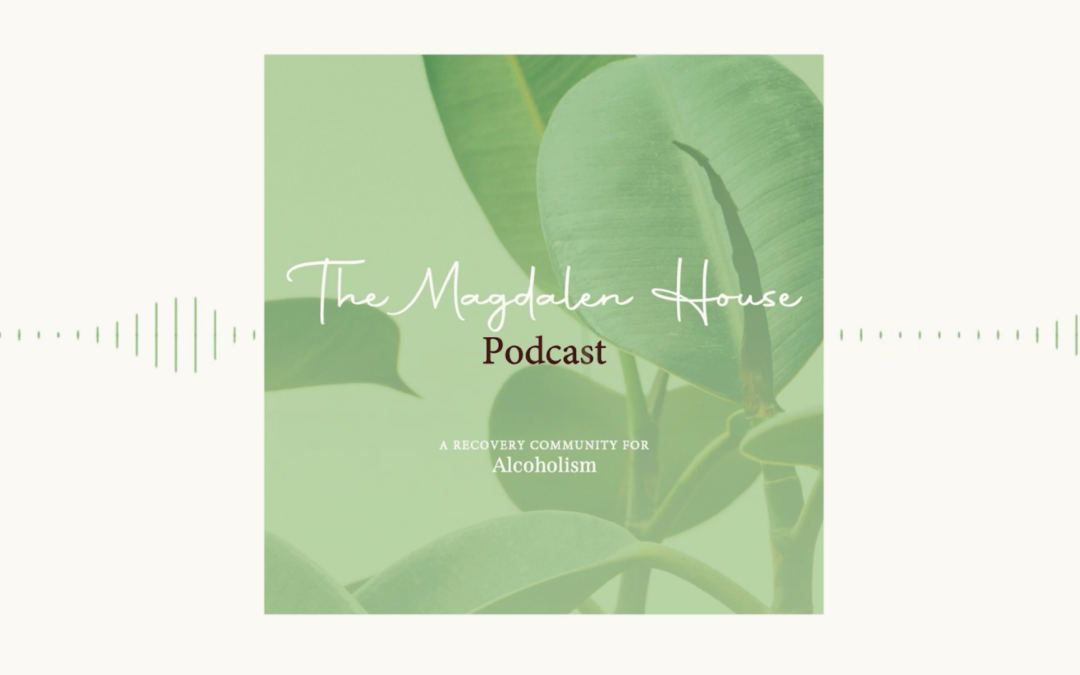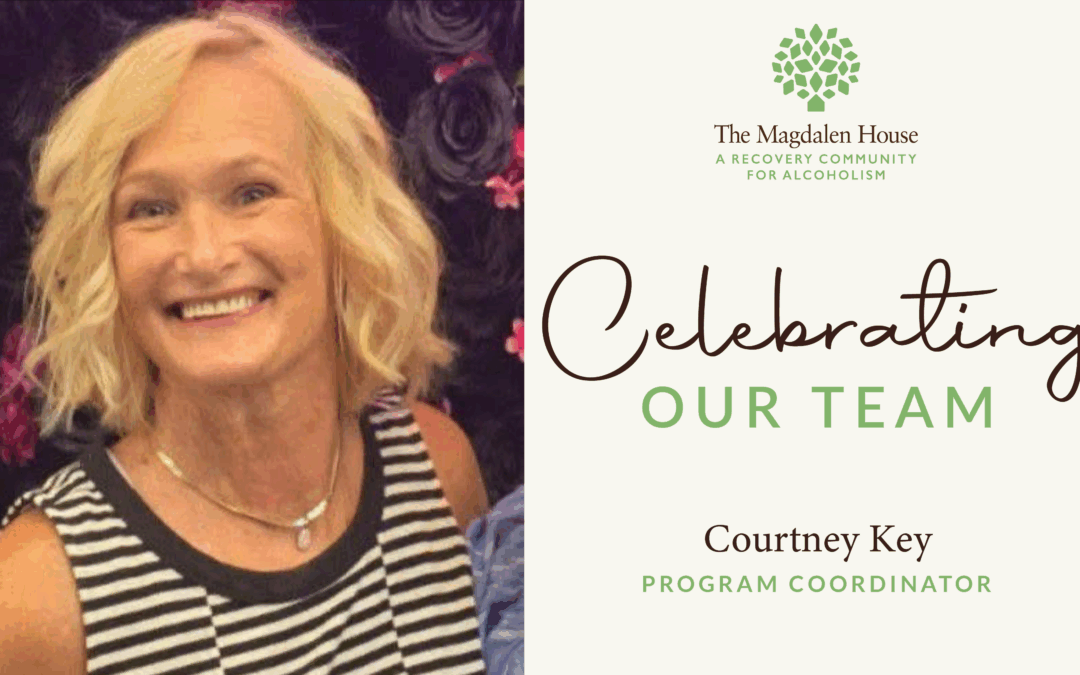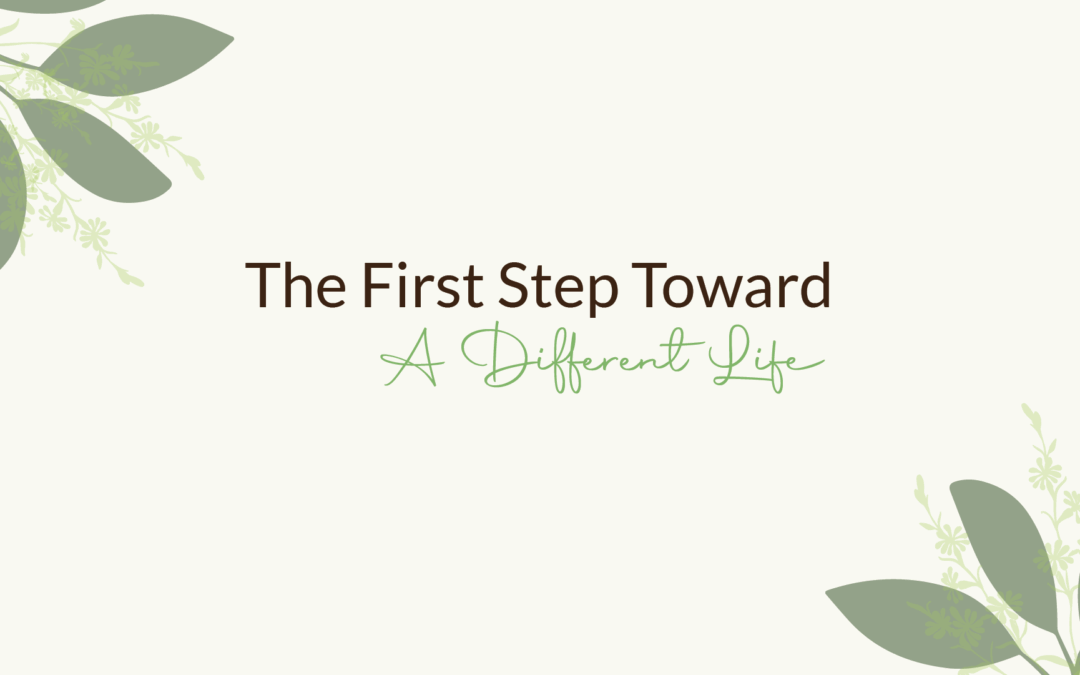By Patrice Olootu, Program Manager
When I first started this journey in 2012, I really overcomplicated Step 11. I was judgmental of anyone who didn’t believe in the same God I did. I measured people by their religion. Whenever someone new moved into the neighborhood, or when my kids mentioned new friends, my first question was always, Do they go to church? Where? Looking back, that was none of my business. I was still clinging to old ideas from childhood and my church experiences as an adult.
Back then, my idea of God was someone I called on only when I was in trouble: “God, if You do this for me, I’ll stop drinking. I’ll do this or that for you.” I grew resentful because I thought I was “doing all these things for God,” but in reality, I was creating chaos, judging others, and demanding my way. If my actions had truly been for God, I wouldn’t have gotten angry when people offered suggestions. Because I’d been in church for as long as I could remember, I thought I knew God — but really, I only knew of Him.
Step 11 isn’t about perfection or religious obligation. It’s about slowing down, quieting the noise, and opening myself to guidance. The Big Book directs us toward resources to support this practice. For me, Step 11 means seeking direction from a Higher Power instead of trying to control my life — and everyone else’s. Clearly, my way wasn’t working. I had to get out of my own way and let God do His work. As I’ve seen evidence of His presence, my faith has grown. Even when God’s plan doesn’t match mine, I can trust that it is always better. Step 11 reminds me that recovery isn’t just about not drinking — it’s about learning how to live. And for me, that starts with learning how to listen.
When I came back to Maggie’s for the second time — after years of treatment centers, AA meetings, and failed attempts — I was in a blackout when I called to do the phone screen. Thank God for that divine intervention. I had become complacent, resigned to drinking myself to death, but God had other plans. At my first 10 am meeting, the chairperson described the “Cycle of Doom” with big circular motions of her arms. Without thinking, I screamed, “How do you stop it??!!” She looked at me, puzzled, knowing it wasn’t my first time in recovery. She answered simply: “Patrice, only a power greater than yourself can restore you to sanity.”
I paused. I know God. I go to church. But in that moment, I realized I didn’t have the right relationship with Him. Believing in God is one thing. Trusting, surrendering, and relying on Him to manage my life is something entirely different. Alcohol had been my God — my constant companion, the thing I turned to for everything. No wonder I couldn’t stay sober on my own willpower.
For years, I copied what I thought “spiritual people” did: reading multiple devotionals a day, praying for an hour, following rigid routines. But I wasn’t meditating — I was bargaining, demanding, or performing. I thought God was displeased with me because I couldn’t keep it up. I didn’t yet understand the difference between religion and spirituality. The truth, as the Big Book reminds us, is that “God does not make too hard terms with those who seek Him. The Realm of Spirit is broad, roomy, all inclusive… open to all who earnestly seek.”
The breakthrough came when I discovered the instructions on pages 86–88 of the Big Book. Those pages became my daily guide — a clear roadmap for living as a recovered alcoholic. I began to pause throughout the day, praying,
“Your will, not mine. How can I best serve Thee?”
Over time, that conscious contact became natural. The promises of Step 11 — peace, efficiency, freedom from fear and resentment — became real in my life.
Nightly reviews have been equally powerful. Answering simple questions like, “Was I resentful? Selfish? Afraid? Was I kind and loving?” helps me grow spiritually and guard against relapse. Writing it down forces me to face myself. Without that awareness, I’d dismiss my behavior with, “That’s just how I am,” and eventually drink again.
Rebuilding my relationship with a Higher Power started in detox. My sponsor encouraged me to set aside old prejudices and simply be willing to believe in something greater than myself — greater than alcohol. That shift was life-saving. I began praying simple prayers: “God, help me set aside what I think I know. Help me be honest, open, and willing.” At first, the words felt empty. But eventually, the desire grew, and with it, a deeper connection to God.
Prayer came naturally, but meditation was harder. For years, I thought it “didn’t count” unless I sat still with my eyes closed for 30 minutes. I now know there’s no right or wrong way to meditate. Sometimes it’s sitting in silence, waiting at a red light, breathing deeply, or taking a walk. Meditation is simply listening for God’s direction. A friend once told me, “When I listen, God hears me.” At first, that didn’t make sense, but I’ve come to see that listening creates faith and a willingness to connect.
Steps 10, 11, and 12 are known as the “growth and maintenance” steps. Together, they teach me to trust God, clean house, and help others. Helping others, I’ve found, is the highest form of spirituality. I don’t do it perfectly — and I never will — but my Higher Power meets me where I am. On the days I’m less disciplined, I pray for willingness and guidance. On the days I practice faithfully, I’m more likely to respond with grace when life happens.
Today, I read meditations from many sources — 12-step programs, other religions, and spiritual traditions. What I’ve discovered is that we all share one thing: a desire to connect with a Power greater than ourselves, a Power we can trust to guide our lives. That, for me, is the heart of Step 11.
Alcoholics Anonymous: The story of how many thousands of men and women have recovered from alcoholism. (4th ed.). (2001). Alcoholics Anonymous World Services.






